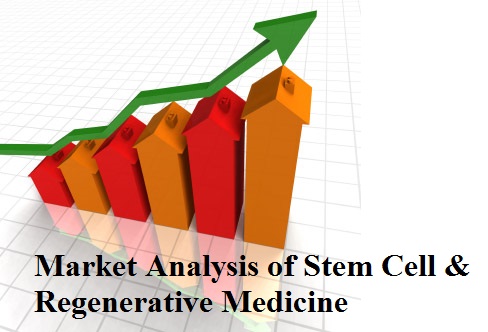Yibing Li
Midwest Joint Pain Institute, USA
Title: Comprehensive regenerative therapies with human amniotic allograft derived cells, platelet rich plasma along with a series of prolotherapy to treat chronic joint pain and osteoarthritis: preliminary findings from a clinical study of 118 patients
Biography
Biography: Yibing Li
Abstract
Overview: To monitor the clinical outcomes from comprehensive regenerative therapies with prolotherapy, platelet rich plasma (PRP) and human amniotic allograft matrix injections to treat patients with chronic joint pain and all degrees of osteoarthritis in an outpatient clinic setting.
Introduction: Ligament laxity, tendinopathy, cartilage degeneration and previous joint injuries or surgeries are the major root causes of persistent joint pain and osteoarthritis. Dextrose prolotherapy, PRP and amniotic allograft injection into joints and surrounding weakened ligaments and tendons have been recommended to reduce chronic joint pain, improve functional status, and correct underlying causes of osteoarthritis. The current report is to assess the clinical outcomes of these comprehensive therapies among patients who had persistent joint pain and all degrees of degenerative joint disease/OA, ligament laxity or tendinopathy from imaging studies and failed with most of other conservative treatments.
Methods: From September 2015 to August 2017, 118 patients who had chronic joint pain and various degrees of osteoarthritis were treated with a series of injection of prolotherapy, PRP and human amniotic allograft tissue matrix to different parts of the body (N=94, 11, 9, and 4 to knees, hips, shoulders, and ankle/foot joints, respectively) under ultrasound needle guidance. The age range of the patient population is from 38-99 years, 62 males and 56 females. 31.4% of the patients had mild to moderate degenerative joint disease (DJD) and 64.4% had severe DJD. 19.6% of the patients had history of joint surgeries. Outcomes are the difference or % of change in VAS pain scale, upper extremity DASH and lower extremity 80-point functional scales, measures obtained from physical exams, X-ray and musculoskeletal ultrasound between pre- and 2-3 months, 4-6 months, 6 months and above post-treatments.
Results: After 2-6 months post-initial treatments, on VAS pain scales, 13.5% of the patients reported 0/10 or no pain and overall 74.6% reported at least 25%-50% pain reduction. 76.2% reported improvements in LEFS scale. Almost all patients showed varied degrees of improvements in both from soft tissue regenerations on ultrasound comparison and the physical exams between pre- and post- treatments. On the X-ray comparison, 66.7% showed improvement while 33.5% showed no change. None had experienced any adverse reactions from these injections.
Conclusion: Comprehensive regenerative therapies are safe, effective, non–surgical treatment options for patients with persistent joint pain and functional limitations from soft tissue degeneration/tears and osteoarthritis. Further treatments are recommended to some patients and continuous clinical studies are warranted to evaluate the long term benefits.

